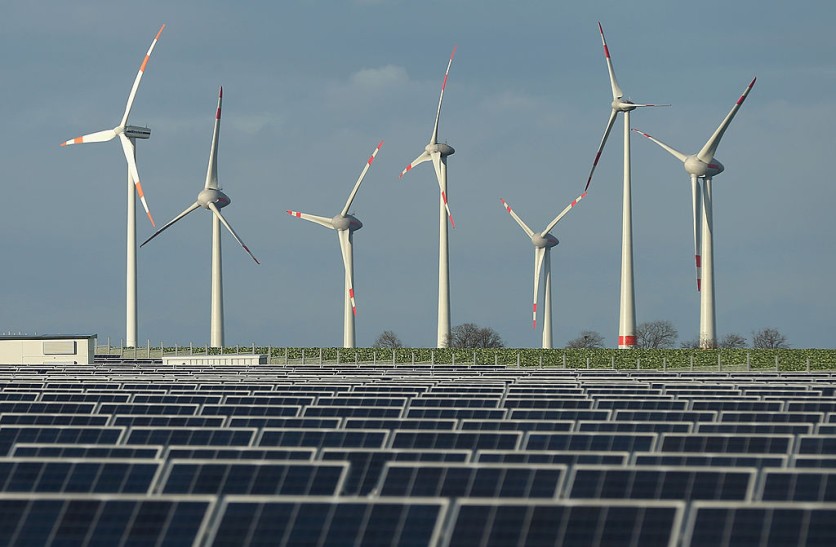In line with its strategic plan and following the launch of operations in the USA, Spain, Romania, and Italy over the past few months, Nofar Energy continued to expand its global traction by entering Poland's renewable energy market. Today, the company reported that Nofar Europe (90%) executed an agreement with Electrum S.P. Z O.O on the joint holding of a corporation that will initiate, develop, manage, and maintain photo-voltaic and wind energy projects with a capacity of up to 1,250 megawatts.
The two companies will co-manage the joint venture, including identifying opportunities for renewable energy in Poland, initiation, development, and acquisition of greenfield and RTB renewable energy projects, and project maintenance. Nofar Europe will own 80% of the joint corporation and Electrum the remaining 20%.

READ ALSO : Solar, Wind Power Now Cheaper than Coal, Renewable Energy Revolution Against Climate Change
Electrum is a leading consulting, engineering, and technology company in the Polish market. As an independent power producer (IPP), it specializes in preparing, implementing, launching, operating, and maintaining investment projects in the Renewable Energy Sources (RES) sector, information, and industry. It also engages in the comprehensive management of energy assets, such as wind and photo-voltaic farms, cogeneration systems, energy storage, hydrogen facilities, SMRs, and WTE).
Dr Miroslaw Poplawski, CEO of Electrum, said, "the joint venture with Nofar Energy perfectly fits into the implementation of our long-term strategy based on IPP energy & information business formula and focused on co-creating an alternative energy system. I'm really impressed by Nofar's vision, innovative thinking and its extraordinary business success way. For sure partnership with Nofar Energy shall generate a very strong positive impact on the RES market in Poland and create exceptionally attractive results for both companies including speed-up of our business development and high profits. What's more, this agreement makes Electrum much more global and builds an additional value for our brand. No doubt there is a synergy effect between us. Congratulations and all the best for our partners from Nofar Energy!"
Nadav Tenne, CEO of Nofar Energy, said, "as part of implementing our strategic plan for expanding our global traction, we devoted the past few months to in-depth studying of the Polish market, and careful assessment of several alternatives for starting operations there. As a result, we chose to establish a joint venture with Electrum because of its extensive renewable energy experience, proven capabilities in developing and setting up complex infrastructure projects, and the high level of its executives and workers. Moreover, Electrum features strong synergy with Nofar's operations which we believe would yield significant growth and successful implementation of hundreds of megawatts with a robust return on investment. I am excited by the new partnership and congratulate our new partners in Electrum, wishing us success in the new venture."
Poland's renewable energy market
In February 2021, the Polish government adopted the Polish Energy Policy for 2040 (PEP2040). The policy stipulates that by 2030, coal-based electricity will be reduced from 66% to 56%, CO2 emissions will be reduced by 30%, and the rate of renewable energies in power generation will increase from 13% to at least 23%. These milestones will be implemented concurrently with constructing marine power generation facilities and increased power generation from nuclear energy. Furthermore, the Polish government has also undertaken to shut down all the coal mines in the country by 2049.
Poland's renewable energy market is projected to grow substantially over the next few years, among others, to comply with the policy objectives. An independent consulting company estimated that 11.3 gigawatts of new power generation projects from renewable sources (solar and wind) will be built by 2025. By 2030, the capacity would increase by 25.7 gigawatts compared with today's power. Of this capacity, 10.3 gigawatts will be generated from solar plants, 9.4 from land-based wind energy facilities, and the balance from wind energy facilities located in the sea. Thus, by 2025, electricity from renewable sources is expected to account for 21% and 42% by 2030, compared with 13% in 2021.




